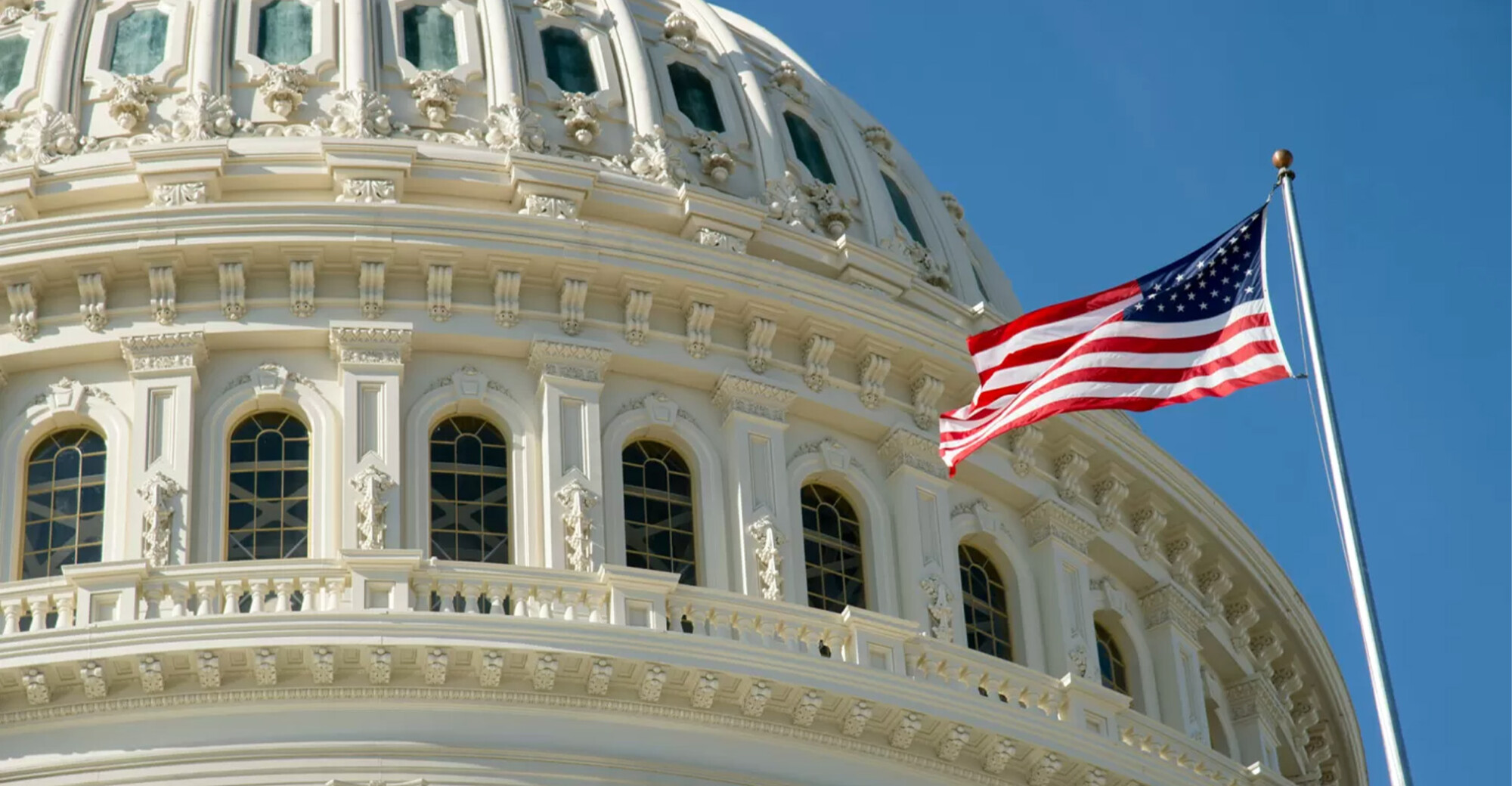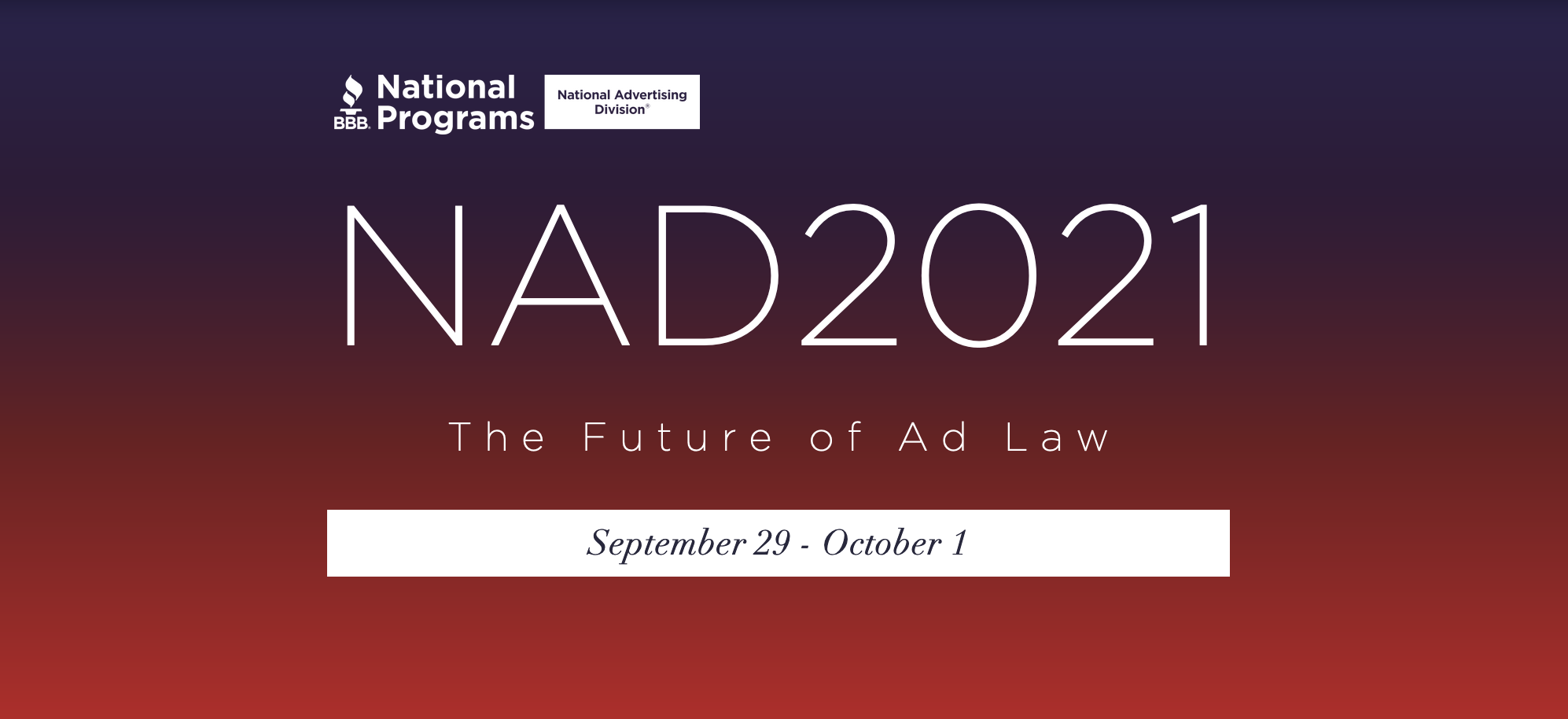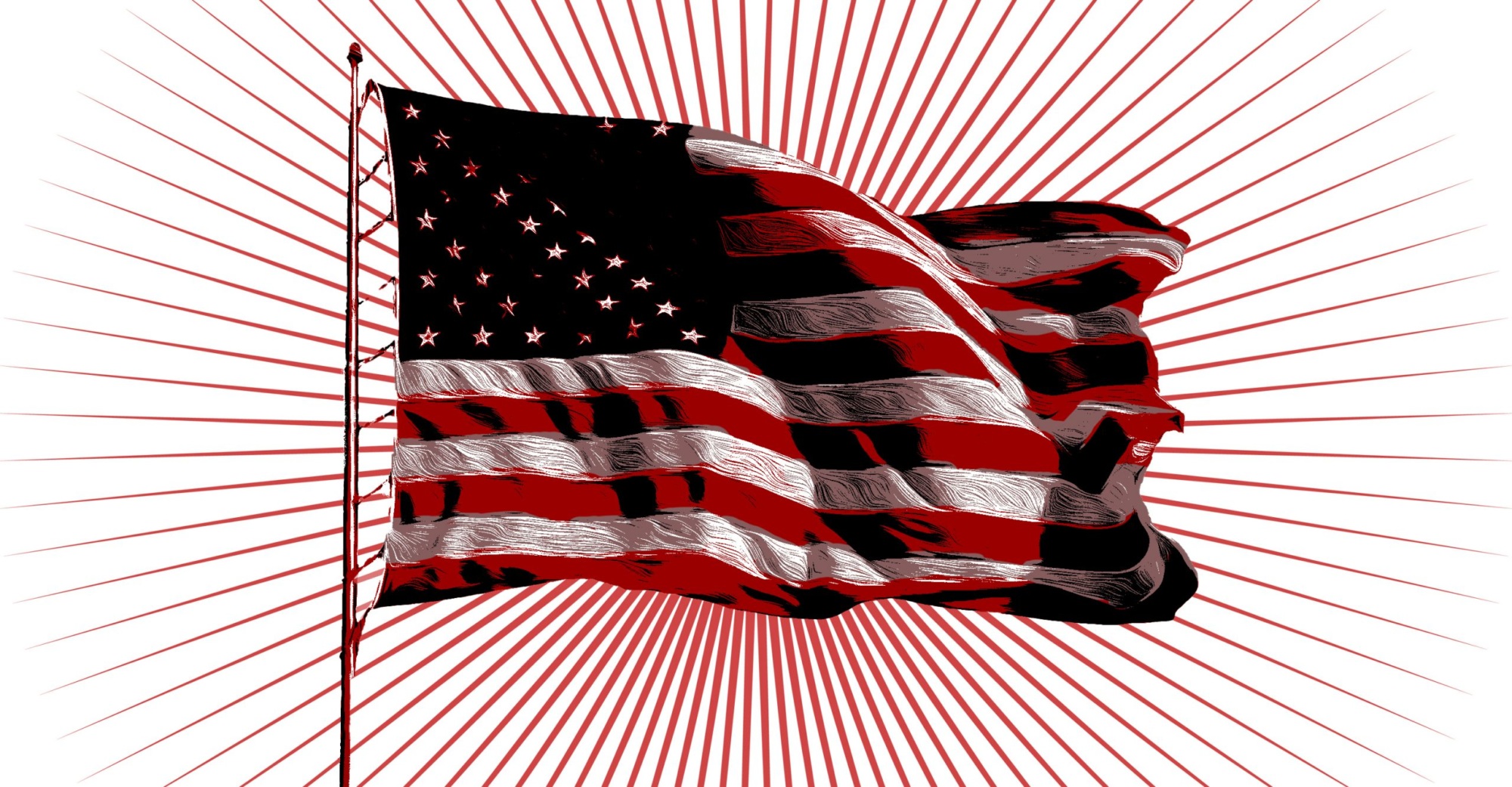
Why You Might be Trapped In That Gym Membership Forever
Some members of Congress want to kill a popular “Click to Cancel” Rule.
Beauty may be in the eye of the beholder but that doesn’t stop American consumers from spending nearly $8 billion on cosmetics every year. Not included in this figure are cosmetic procedures, such as Botox and collagen, as well as surgical procedures, such as rhinoplasty and breast augmentation, which have all skyrocketed in the last 10 years.
Let’s be honest, women (and men) have been trying to “enhance” their features since the dawn of time and an entire industry has been built around catering to this need. But to say that today’s cosmetic ads are deceptive or misleading would be an understatement. We are no longer talking about removing a blemish here and there – many ads now feature completely unrealistic depictions of the human body that have a huge impact not only on expectations of product capabilities, but also on body image. Extensive manipulation including the use of artificial features (lashes, hair, etc.) and extreme retouching with air-brushing and the like – all on men and women who have already been blessed by genetics – are just the tricks of the trade.
Case in point: In order to keep the “real aspect” of the models in its 2010 ad campaign, Clarins photographer, Guido Mocafico, told his people not to spend “more than two hours per image” so that the photos were “not over-retouched.” Way to set the bar high, folks.
Yes, the cosmetics industry is selling us a fantasy, but where do we draw the line when it comes to the advertising? Is it reasonable for businesses focused on appearance-enhancing products to create ads that are so at odds with the promise they are selling? Let’s put it this way, if these ads told bold face lies in words, we would be up in arms over it. Does it make any sense then for us to accept the same set of lies presented in a photograph or image? Isn’t a picture worth a thousand words?
Some members of Congress want to kill a popular “Click to Cancel” Rule.
Checking in on the system of self-regulation in the ad industry.
Commission’s first open meeting with new chair brings action.

